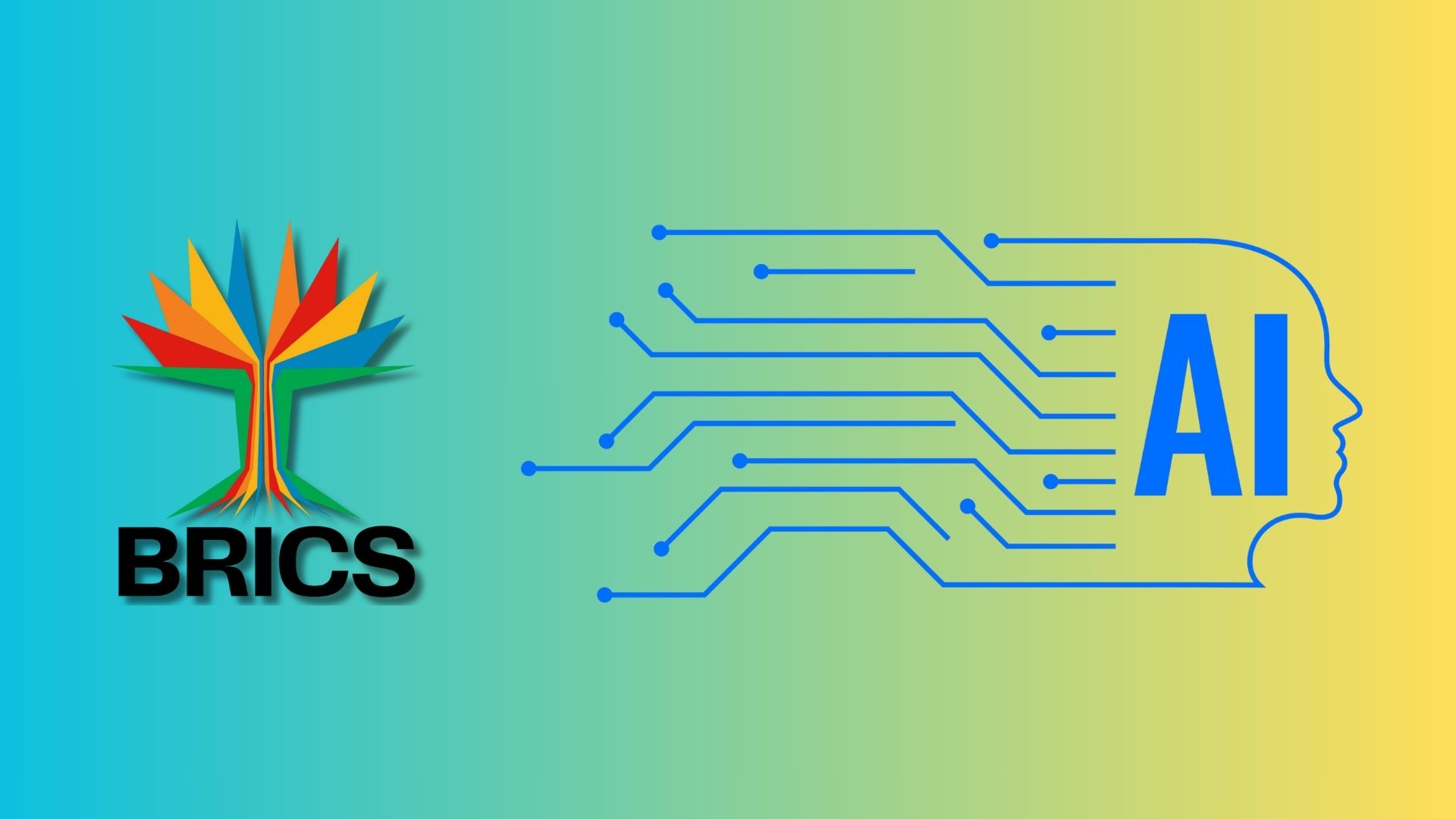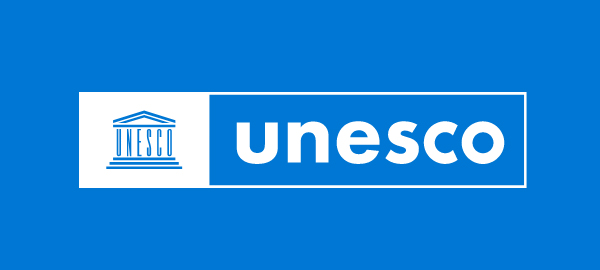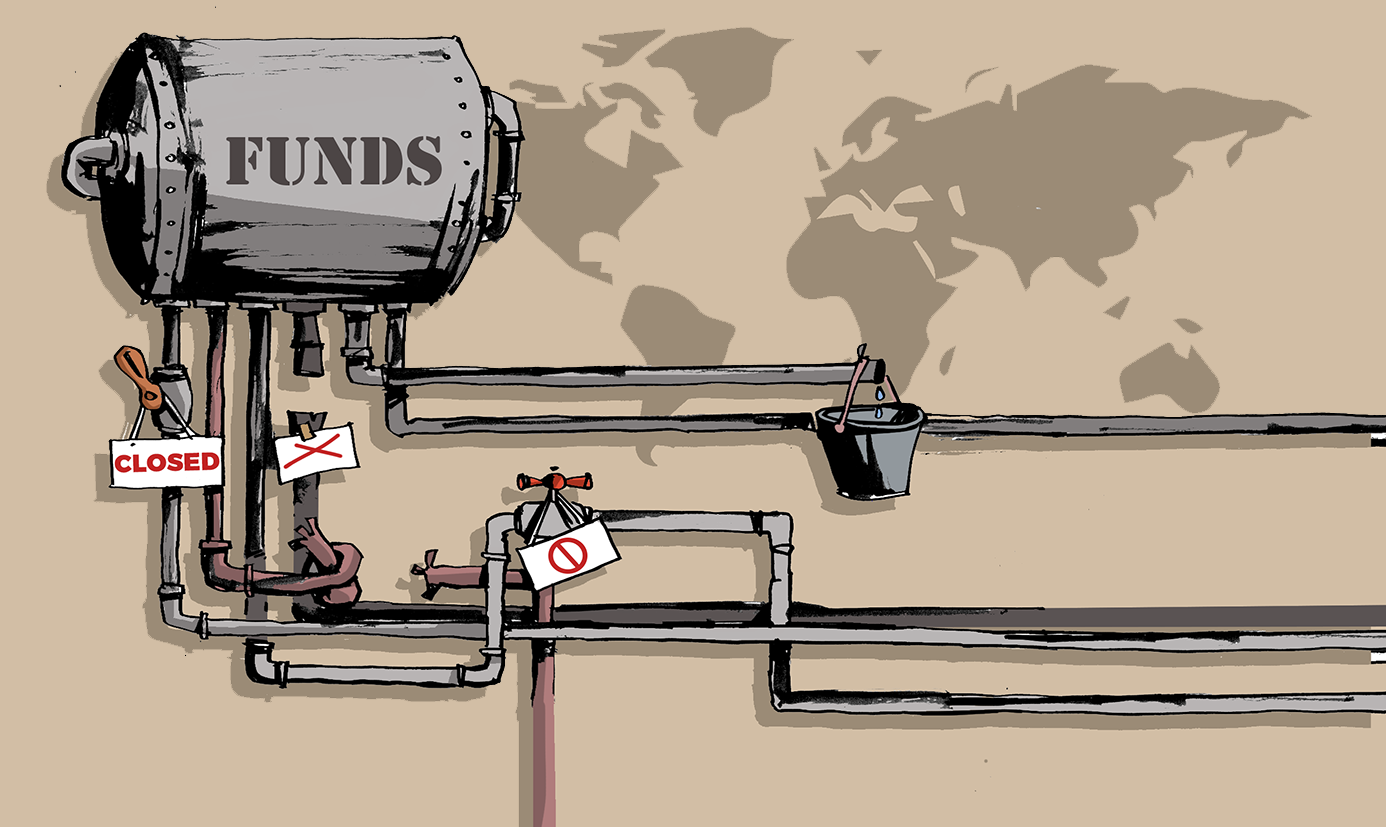BRICS countries are working to harmonise their approaches to AI, though it remains too early to speak of a unified AI framework for the bloc, according to Deputy Foreign Minister Sergey Ryabkov.
Speaking as Russia’s BRICS sherpa, Ryabkov said discussions are focused on aligning national positions and shared principles rather than establishing binding standards, noting that no common BRICS AI rules have yet taken shape.
He highlighted the adoption of a standalone leaders’ declaration on global AI governance at the Rio de Janeiro summit, describing it as a milestone for the organisation and a first for the grouping.
BRICS members, including Russia, view cooperation on AI as a way to manage emerging risks, build capacity and help narrow the digital divide, particularly for developing countries.
Ryabkov added that the group supports a central coordinating role for the United Nations, with AI governance anchored in national legislation, respect for sovereignty, data protection and human rights.
Would you like to learn more about AI, tech, and digital diplomacy? If so, ask our Diplo chatbot!














































